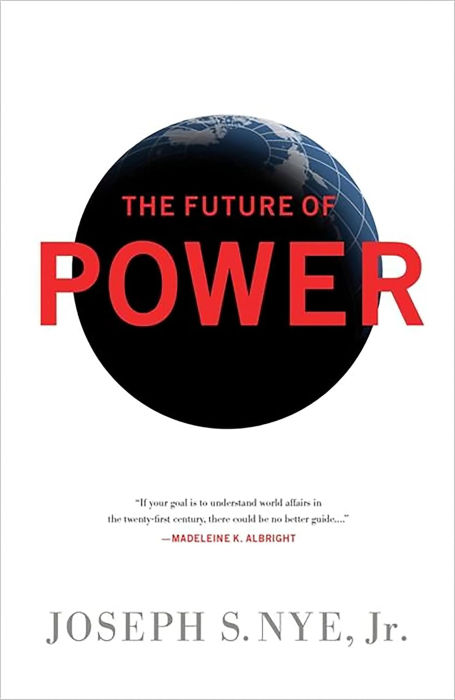Books
Joseph S. Nye Jr.
The Future of Power
And Use in the Twenty-first Century
For a concept that shapes nations and relationships alike, „power“ remains remarkably hard to pin down. We feel its effects every day, even if we can’t quantify it—much like love, whose presence is undeniable even when it defies measurement. Despite its elusiveness, power is real, influential, and impossible to ignore, no matter how analysts try to define or replace it.
In The Future of Power, Joseph S. Nye Jr. explores how the very essence of power is being transformed in the 21st century. Nye revisits traditional forms—military, economic, diplomatic—while introducing his groundbreaking ideas of soft power (the ability to attract and persuade) and smart power (the strategic blend of hard and soft power). He argues that the digital revolution and the rise of the global information age have shattered the old monopoly of states over power. Today, influence is increasingly shared with non-state actors, multinational corporations, and individuals who can leverage technology to shape world events.
Nye delves into pivotal trends such as the emergence of cyber power, the shifting dynamics between established and rising nations, and the profound effects of globalization and rapid technological change. He maintains that while the United States still holds considerable sway, its future leadership will depend on its ability to adapt, build alliances, and skillfully combine different forms of power. The book lays out a forward-thinking framework for understanding how influence operates in a world where power is more complex, fluid, and widely distributed than ever before.
The Future of Power is essential reading for anyone seeking to grasp the new realities of international relations and global strategy. Nye’s insights are especially valuable for policymakers, business leaders, and students who must navigate an environment where reputation, connectivity, and adaptability are just as critical as military or economic might.

